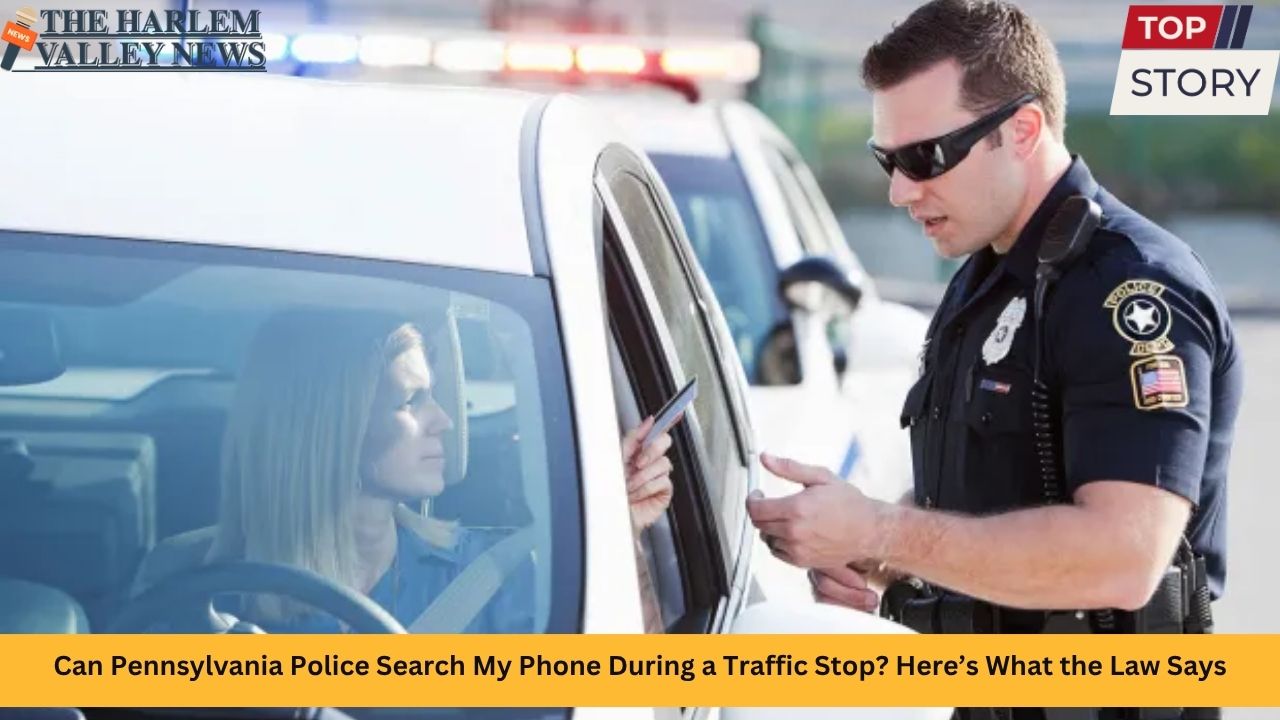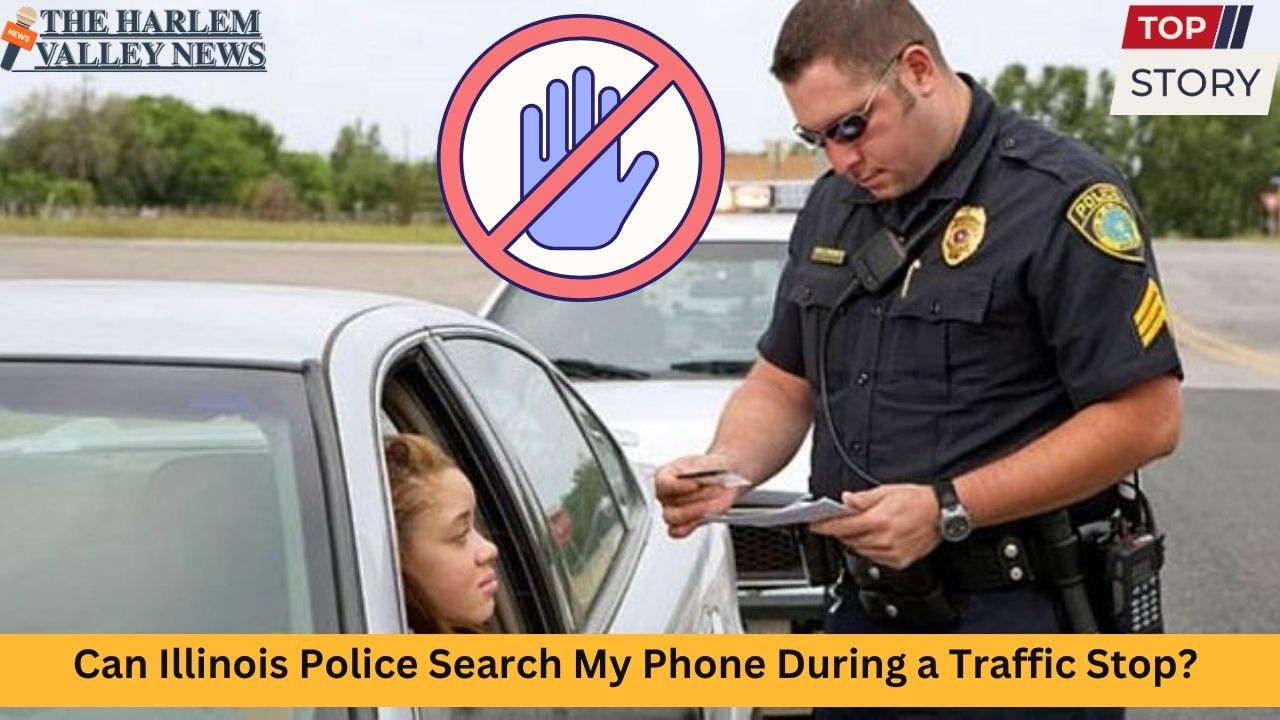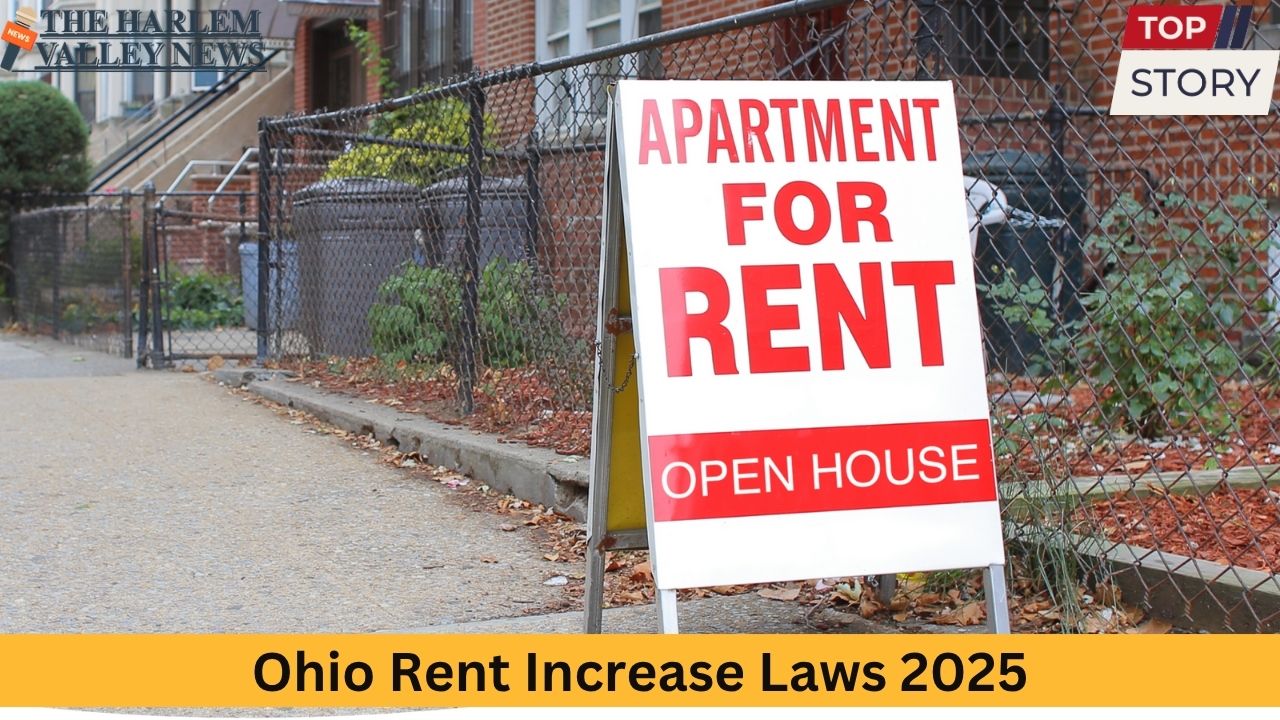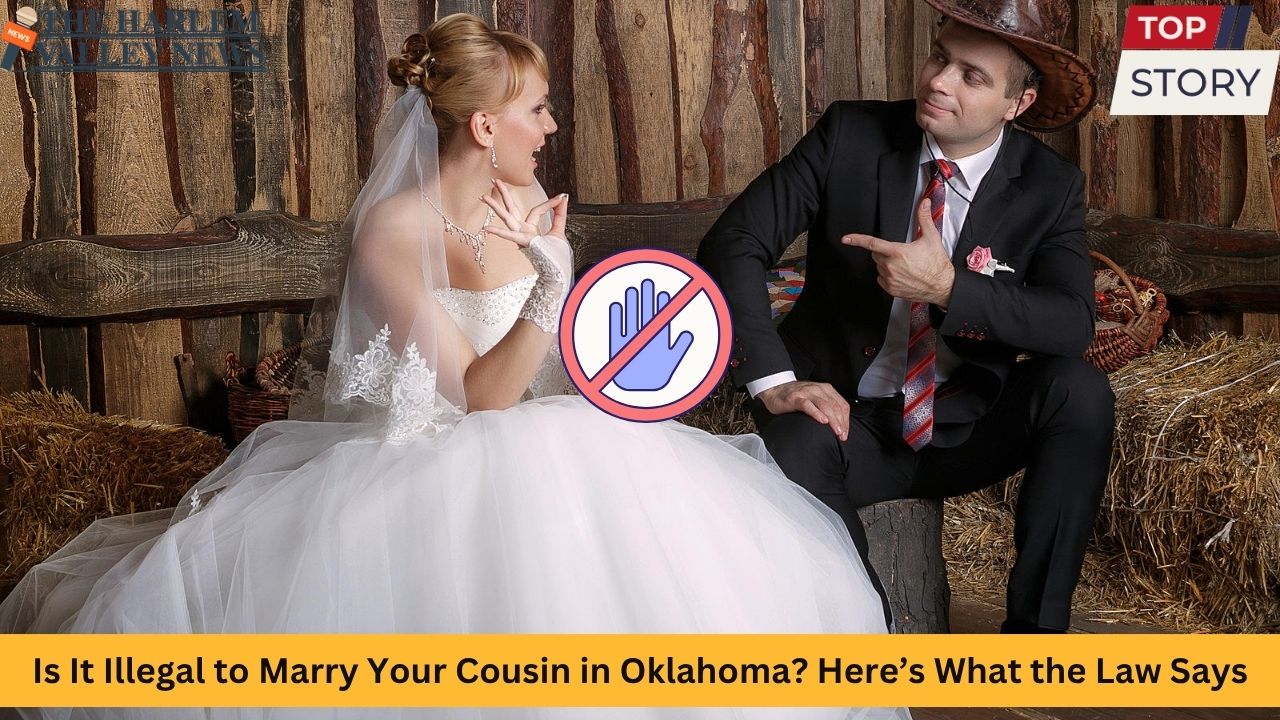If you’re ever pulled over on a Pennsylvania road—whether it’s the bustling streets of Philadelphia, a quiet lane in Lancaster, or the rural highways near Erie—you’ll likely reach for your license and registration. But what if the officer asks to search your phone? With so much of our lives stored digitally, this question matters more than ever. Pennsylvania, sitting at the heart of America’s evolving digital privacy debate, has its own legal interpretations and precedents. This comprehensive guide explains your rights, the law, and what to do if police request access to your phone during a traffic stop in the Keystone State.
Overview of Traffic Stops in Pennsylvania
Pennsylvania is traversed by more than 120,000 miles of public roads, with millions of vehicles moving daily. Traffic stops are routine in metropolitan hubs like Pittsburgh and Harrisburg as well as in small towns like Gettysburg and Johnstown. In 2022, over 1.2 million traffic stops were reported statewide.
Most traffic stops address minor violations—speeding, broken taillights, expired registrations. But what begins as a simple stop may escalate, especially if an officer believes there is evidence of a crime. The question of searching digital devices, such as smartphones and tablets, is a pressing one given society’s dependence on this technology.
Understanding the Fourth Amendment
At the core of the issue is the Fourth Amendment of the U.S. Constitution, which protects against “unreasonable searches and seizures” by the government. Pennsylvania’s own constitution offers nearly identical protections. These rights apply to digital technology and, specifically, smartphones.
What the Fourth Amendment Means for You
If you’re stopped by police, you have the right to refuse a search unless they have probable cause and a warrant. But there are exceptions and subtleties in how this right plays out during a traffic stop.
Digital Privacy: Pennsylvania and National Standards
Digital privacy laws have rapidly evolved to keep pace with technology. Pennsylvania recognizes a high expectation of privacy in the contents of your phone—texts, emails, photos, apps, and more.
In 2014, the U.S. Supreme Court, in Riley v. California, ruled that police generally need a warrant to search the contents of a cell phone, even if the person has been arrested. Pennsylvania courts have reinforced and sometimes expanded on this protection.
Key Court Cases Shaping Phone Search Law
Several landmark cases define what police can and cannot do in Pennsylvania during a traffic stop:
-
Commonwealth v. Fulton (2017): The Pennsylvania Supreme Court held that the search of a cell phone after a lawful arrest requires a warrant, even if police have probable cause.
-
Riley v. California (2014): U.S. Supreme Court ruling—warrant required for phone searches.
-
Carpenter v. United States (2018): Supreme Court decided police need a warrant to access historical cell phone records.
These cases underscore that phones receive heightened privacy protection compared to other belongings, like the glove box or trunk of your car.
Warrants: When Are They Needed?
General Rule
Police in Pennsylvania must obtain a warrant from a judge to search the contents of your phone during or after a traffic stop, even if you are placed under arrest. The warrant must specify what they are searching for and where.
Steps for Obtaining a Warrant:
-
Police must demonstrate probable cause to a judge that evidence of a crime exists within your device.
-
The warrant must describe the particular type of data sought (for example: messages, images, call logs).
-
Only the information approved by the judge can be searched.
Consent and Coercion: What Counts?
However, if you voluntarily give police permission to search your phone, they do not need a warrant. But beware: officers are not required to inform you that you have the right to refuse.
Coercion and Valid Consent
Consent is only valid if it is given freely and not under duress. For instance:
-
If an officer threatens you with harsher penalties, consent may be considered coerced and therefore invalid.
-
If you feel pressured, you have the right to politely decline.
Many Pennsylvanians don’t know this right—Philadelphia’s ACLU chapter estimates that in 2021 alone, more than 13,000 traffic stops led drivers to consent to searches without understanding they could refuse.
Exceptions to the Warrant Requirement
There are a few, narrowly defined situations in which police may search a phone without a warrant during a traffic stop in Pennsylvania:
-
Exigent Circumstances: If there is an immediate threat to life or risk of serious destruction of evidence (for example, if officers believe someone will remotely wipe your phone), they may perform a limited search.
-
Plain View Doctrine: If evidence of a crime is immediately visible on the phone’s lock screen, it may be seized but not thoroughly searched without a warrant.
However, the burden is on law enforcement to justify these exceptions. Routine stops rarely meet the criteria for an immediate, warrantless phone search.
What Happens if Police Search Without Permission?
Searches conducted without proper consent or a valid warrant, and without an applicable exception, can have significant consequences:
-
Suppression of Evidence: Any evidence obtained unlawfully may be deemed inadmissible in court.
-
Department Discipline: Officers who violate constitutional rights can face internal investigations.
-
Civil Lawsuits: Residents of cities like Allentown and Bethlehem have successfully sued for damages when their privacy rights were violated.
How to Respond if Asked for Your Phone
If an officer asks to search your phone during a Pennsylvania traffic stop:
-
Stay Calm and Respectful: Do not argue or physically resist.
-
Clearly State Your Refusal: Politely say, “I do not consent to a search of my phone.”
-
Do Not Delete Data: Tampering with potential evidence is a crime.
-
Ask if You Are Free to Leave: If you are not under arrest or being detained, you may leave unless otherwise specified.
Don’t be intimidated by the badge. Your privacy is protected, whether you’re in Scranton or State College.
Recent Trends and Statistics
Smartphone ownership in Pennsylvania is nearly ubiquitous—Pew Research estimates that as of 2023, over 92% of Pennsylvanians aged 18 and older own a smartphone. With rising numbers of devices, digital privacy concerns have grown.
-
In Philadelphia, police requests for phone data nearly doubled from 2016 to 2021.
-
In Pittsburgh, civilian complaints about improper phone searches rose by 34% between 2020 and 2022.
These growing trends highlight the importance of knowing and asserting your rights.
Impact on Residents: City Examples
Philadelphia
In 2022, city police conducted more than 450,000 traffic stops. Of these, approximately 4% involved a request to search a driver’s digital device. Public awareness campaigns and legal clinics in neighborhoods like Fishtown and Germantown have helped inform residents about consent laws.
Harrisburg
In the capital, several high-profile cases have brought attention to illegal phone searches. The 2021 case of a Central Dauphin resident, who successfully sued the police department after an unlawful search, made statewide headlines.
Erie
Law enforcement agencies in northwestern Pennsylvania, facing increasing lawsuits, have introduced new officer training programs emphasizing digital privacy laws.
Conclusion: Protecting Your Rights
Across Pennsylvania—from the Liberty Bell to Lake Erie—your smartphone is protected by the law. Police generally need a specific warrant to search your phone during a traffic stop, except in limited, urgent circumstances. Consent is always in your hands, but never feel pressured to comply if you wish to maintain your privacy.
Key Takeaways:
-
Police need a warrant to search your phone during a Pennsylvania traffic stop.
-
You can refuse to consent—officers must respect your decision.
-
Exceptions exist only for true emergencies.
-
Evidence obtained unlawfully may not be used against you in court.
Practical tip: Lock your phone with a strong password or biometric authentication, and know your rights before every journey.
By understanding and exercising your digital privacy rights, you help shape a culture of accountability and liberty, not only in Pennsylvania’s biggest cities but also in its smallest boroughs.














Leave a Reply